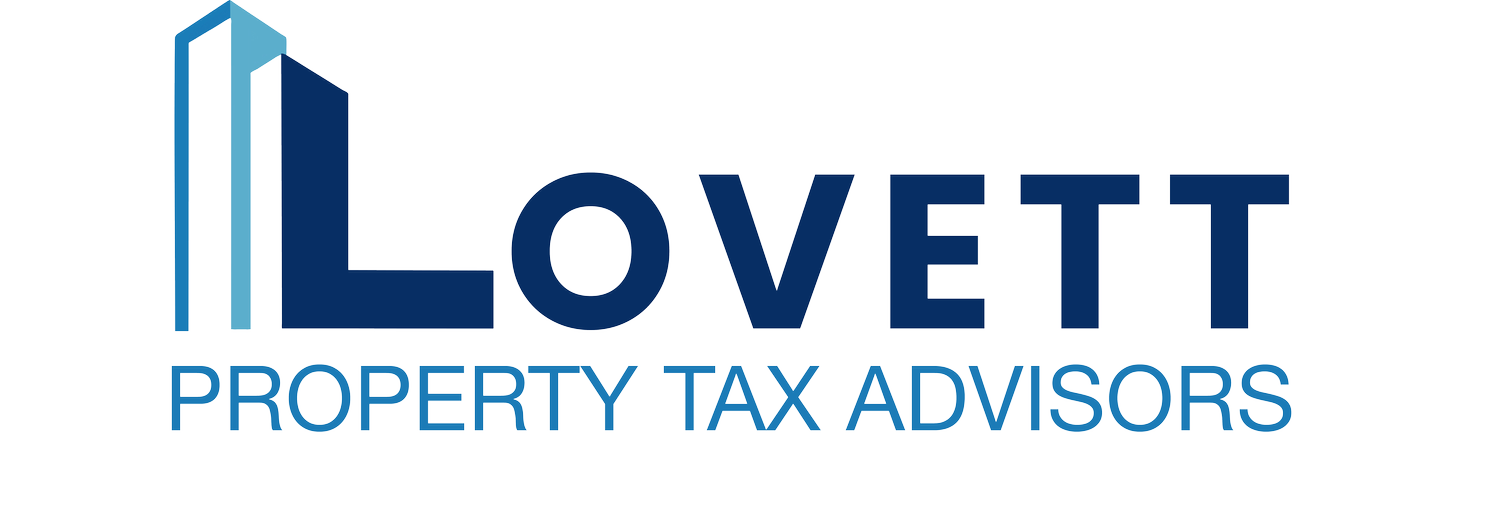The Economic Impact of Property Taxes in Georgia: How Appeals Can Benefit Property Owners and the Local Economy
Introduction
Property taxes play a significant role in funding local governments and providing essential services to communities across Georgia. However, the burden of high property taxes can be a challenge for many property owners. In this blog post, we will explore the economic impact of property taxes in Georgia and shed light on how property tax appeals can benefit both property owners and the local economy.
Understanding Property Taxes in Georgia
Property taxes in Georgia are levied by county governments based on the assessed value of properties. The assessed value is determined by the local tax assessor's office and is usually based on factors such as property size, location, and market value. These taxes are then used to finance local services like schools, infrastructure development, and public safety.
The Economic Impact of High Property Taxes
While property taxes are essential for maintaining local services, excessively high tax rates can have adverse effects on property owners and the local economy. High property taxes can make it challenging for property owners, especially homeowners and small businesses, to afford their properties. This can lead to financial strain, decreased disposable income, and potential foreclosure or business closures.
Furthermore, high property taxes can discourage new investments in the area. Businesses may be less inclined to establish operations in regions with exorbitant property tax rates, limiting job opportunities and stifling economic growth. Additionally, high property taxes can deter individuals and families from relocating to the area, hampering population growth and reducing consumer spending.
The Importance of Property Tax Appeals
Property tax appeals provide property owners with an avenue to challenge their assessed property values and potentially reduce their tax burden. By filing an appeal, property owners can present evidence that supports a lower valuation of their property. Successful appeals can lead to a reduction in property taxes, providing financial relief to property owners and creating a positive economic impact.
Benefits to Property Owners
For property owners, successful property tax appeals can result in significant cost savings. The money saved from reduced property taxes can be reinvested into property improvements, maintenance, or other essential expenses. Homeowners may also experience increased disposable income, allowing for greater financial stability and the ability to contribute to local businesses.
Benefits to the Local Economy
Property tax appeals can have a ripple effect on the local economy. When property owners experience reduced tax burdens, they are more likely to spend money within their communities, supporting local businesses and stimulating economic activity. Increased consumer spending can lead to job creation, improved local services, and a boost in property values over time.
Moreover, property tax appeals can help attract new investments to the region. By demonstrating a commitment to fairness and reasonable tax rates, local governments can create an environment that encourages businesses to establish operations, leading to job growth and economic prosperity.
Conclusion
Property taxes are a vital source of revenue for local governments in Georgia. However, high property taxes can burden property owners and impede economic growth. Property tax appeals provide an opportunity for property owners to challenge their assessed values and reduce their tax obligations, resulting in financial relief and positive economic impacts.
By striking a balance between funding local services and maintaining reasonable tax rates, local governments can foster an environment that supports property owners, attracts investments, and stimulates economic growth. It is crucial for property owners to understand their rights to appeal their property taxes and take advantage of this process to ensure a fair and equitable tax system that benefits everyone involved.


